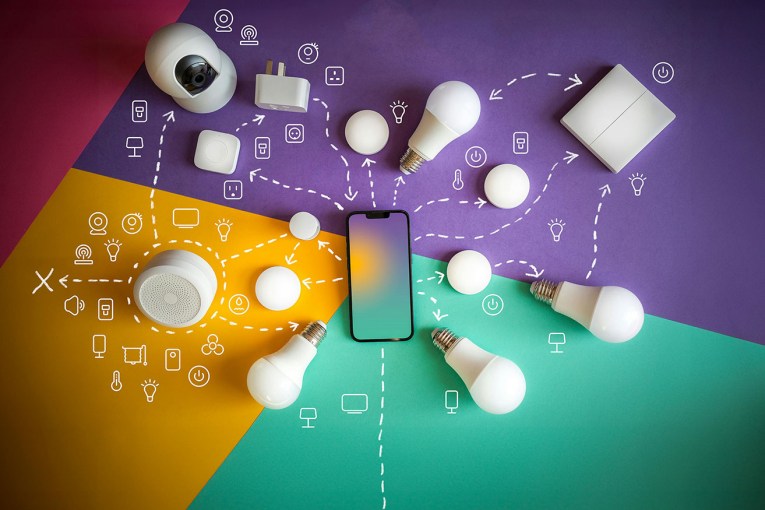Digital quality of life: Australia tops rankings despite ‘third-world’ broadband


Australia is one of the few countries where mobile internet is faster than broadband, a report claimed. Photo: Getty
Highly affordable mobile internet has propelled Australia to the top of a global ‘digital quality of life’ index despite the nation’s beleaguered broadband network delivering some of the world’s slowest internet speeds.
Australia was ranked first out of 65 countries in the 2019 Digital Quality of Life (DQL) index released this week by internet privacy company Surfshark.
France was rated second, while Singapore was third.
Researchers analysed data covering a population of more than 5.5 billion people using open-source databases from the United Nations, the World Bank, Freedom House and the International Telecommunication Union.
The researchers rated each country’s ‘digital quality of life’ based on a set of criteria including internet connectivity speed, affordability, cybersecurity, the availability of data protection laws, and the quality of e-government services.
“Exceptionally high mobile internet affordability” and a “well-developed e-government system” were enough to put Australia in first place despite “mediocre” results in terms of broadband infrastructure, the researchers said.
Mobile data in Australia is the most affordable in the world, the report said.
The researchers also found Australia was one of the few countries where “mobile internet is faster than broadband”.
Slow, expensive broadband
“Broadband speeds in Australia are similar to speeds in societies with the lowest DQL results,” the report said.
Australia ranked 42nd for broadband speed, above Brazil at 43 and behind Uruguay at 41.
Australians are also being hit hard when it comes to the cost of broadband internet “especially when considering its low speed”, the report pronounced.
“People in countries with lower digital quality of life can enjoy more affordable broadband internet [than in Australia],” the researchers said.
On average, Australians have to work for one hour and 21 minutes to afford the cheapest broadband plan.
By comparison, Iranians have to work for an average of 56 minutes to afford the cheapest broadband plan.
NBN ‘lottery’ to blame
Australia’s leading internet experts have warned that the lacklustre National Broadband Network (NBN) is creating a growing digital divide between those with inferior and superior connections – one that has implications for everything from health and education to economic success.
The $51 billion taxpayer-funded NBN is a “mixed-technology network”, with about five million homes and businesses currently using the service via seven different methods of varying quality – a system experts slammed as a “lottery”.
“Rather than the NBN we first wanted, which was aspirational and looking towards what our future needs will be, we’ve ended up with an NBN that’s just about meeting the needs of yesterday, not tomorrow,” Curtin University associate professor of internet studies Tama Leaver said.
“Things such as really high-end video for medical diagnoses. You can’t do that with a crappy connection.”
In May, research by University of Sydney urban infrastructure expert Tooran Alizadeh revealed one in two households in Australia’s three biggest cities will be dudded with an inferior NBN connection.
“When I was finalising this research it really got me one more time that we have been cheated,” Dr Alizadeh said.
RMIT University telecommunications expert Mark Gregory described the NBN, which is yet to be completed and already more than $5 billion over budget, as a “a second-rate obsolete network”.
Australia is now “a third-world broadband country”, Dr Gregory said.
Public outrage erupted last month when it was revealed NBN Co was considering a proposal to implement a so-called ‘Netflix tax’ on internet users accessing video content.
5G not a replacement for NBN
While the successful rollout of the forthcoming 5G mobile network will be critical to Australia’s future economic success, it is not a replacement for the NBN, Dr Alizadeh warned.
Dr Alizadeh said the NBN, not 5G, will be at the heart of what “makes or breaks” Australia, both from an economic and societal perspective, over the coming decade.
“For 5G to work from a technical perspective you need fibre in the ground, and lots of it. You need cell towers, and hard infrastructure for this supposedly soft wireless internet to work,” she said.
“Our track record for building hard infrastructure hasn’t been the best.”












